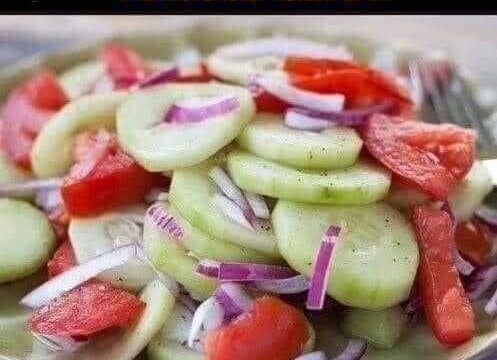
The Charm and Risk of Glass Top Stoves
Glass top stoves are a modern marvel, offering sleek designs that add a touch of elegance to any kitchen. But behind their beauty lies a danger many homeowners don’t realize until it’s too late. These stoves, although durable, are not immune to cracking or shattering. One common mistake could cost you a lot more than just the price of a repair.
What Makes Glass Top Stoves So Attractive?
Glass top stoves are easy to clean, with smooth surfaces that eliminate the need for scrubbing between coils or burners. They’re minimalist and chic, a perfect fit for contemporary kitchens. But, with their beauty comes risk — particularly from simple kitchen habits.
How Hot Lids Can Lead to Disaster
One of the most common reasons glass stoves crack is the seemingly harmless act of placing a hot lid face down on the cooktop. It seems like no big deal, right? However, this action could create a vacuum seal between the lid and the glass surface, trapping heat and causing dangerous pressure buildup that can eventually crack the stove.
The Science Behind the Shattering
1. Vacuum Seal Formation
When a hot lid is placed on a glass top, the heat from the lid gets trapped. This creates a vacuum seal, which leads to increased pressure. The trapped heat doesn’t dissipate evenly, and this imbalance puts a strain on the glass, often causing it to crack.
2. Pressure Buildup
As the lid cools, the trapped air contracts, creating additional stress on the cooktop surface. The result? A spider-web-like crack that not only ruins the aesthetics of your stove but can also make it unsafe to use.
The Dangers of a Cracked Glass Stove
A cracked stove might seem like a minor issue, but it can present serious risks. First, it could shatter entirely under heat or pressure. Secondly, cracks can disrupt the heat distribution, causing uneven cooking, which could lead to electrical short-circuits or even fires.
What to Do When You Notice a Crack
If you notice a crack on your glass stove, stop using it immediately. Here’s what you need to do:
1. Assess the Damage
If the crack is small, you might be able to fix it. But larger cracks usually require the entire cooktop to be replaced. Assess the damage carefully to determine whether it’s safe to continue using.
2. Repair or Replace?
For small cracks, professional repair might be an option. However, larger ones usually mean that you need a replacement. Consult an expert technician to find the best course of action.
How to Prevent Your Glass Top Stove From Cracking
Luckily, there are several easy steps you can take to protect your stove and extend its life.
1. Avoid Placing Hot Lids on the Glass Surface
Never place a hot lid directly onto your glass top. Use trivets, cooling pads, or any heat-resistant surface instead. It’s a small habit that can prevent a major disaster.
2. Use Suitable Cookware
Make sure your pots and pans have flat, smooth bottoms. Uneven cookware can scratch the glass, which weakens it over time and makes it more prone to cracking.
3. Regular Cleaning
Routine cleaning is key to keeping your stove in top condition. Wipe the surface after each use, removing crumbs and particles that could get trapped under cookware, leading to scratches.
What Not to Do With Your Glass Top Stove
Knowing what to avoid is just as important as understanding what to do. Here are some mistakes you should never make with your stove:
1. Never Drop Heavy Cookware
Heavy pots and pans, especially cast iron, can easily crack the surface of your stove if dropped. Always handle cookware with care.
2. Use Only Recommended Cleaning Products
Avoid harsh, abrasive cleaners that can scratch the surface. Use a soft cloth and recommended cleaner to keep your stove looking new.
Conclusion: Keep Your Glass Top Stove Safe and Beautiful
While glass top stoves are a wonderful addition to any kitchen, they do require careful handling. By avoiding common mistakes such as placing hot lids directly on the surface and using the right cookware, you can prevent damage and ensure your stove remains in good condition for years. Remember, a little caution today can save you from costly repairs tomorrow!





